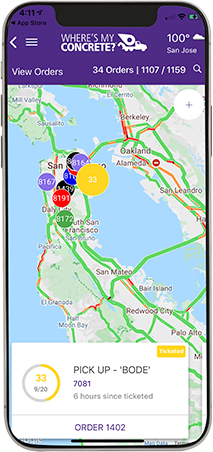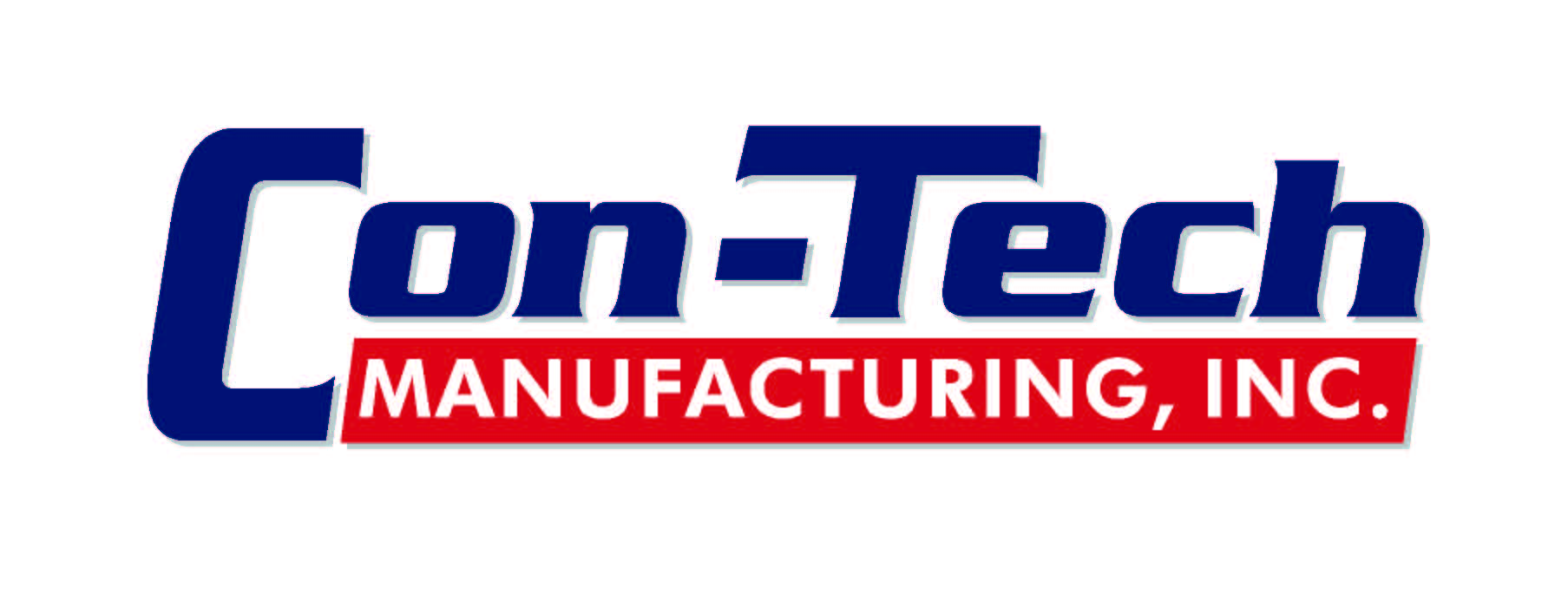Top 10 hazards with Mobile Cranes
Cranes pose significant risks if not operated and maintained properly. Here are the 10 biggest hazards associated with crane operations:
1. Boom or Crane Collapse
- Overloading or exceeding the crane’s rated capacity can lead to structural failure.
- Improper assembly or disassembly can also cause collapses.
2. Two-Blocking
- Occurs when the hook block, overhaul ball, or similar component contacts the boom tip or fixed upper block.
- This can snap the hoist rope, dropping the load or causing catastrophic failure.
3. Overhead Power Lines (Electrocution Hazard)
- Cranes operating near power lines can accidentally contact them, resulting in severe injury or fatalities.
- Electrocution can occur even without direct contact due to arcing.
4. Load Drops & Unsecured Loads
- A load can fall due to rigging failures, improper lifting techniques, or sudden movements.
- Poorly secured loads can shift, increasing the risk of injury.
5. Instability & Tip-Overs
- Working on uneven or unstable ground without proper outriggers or counterweights can cause tipping.
- Improper setup or extending the boom too far can also make the crane unstable.
6. Poor Weather Conditions
- High winds can cause loads to swing uncontrollably or make the crane unstable.
- Rain, ice, or snow can reduce traction, visibility, and control.
7. Mechanical Failures & Lack of Maintenance
- Worn-out ropes, malfunctioning brakes, or hydraulic system failures can lead to serious accidents.
- Routine inspections and proper maintenance are crucial to prevent these issues.
8. Struck-By Hazards (Swing Radius & Load Movement)
- Workers in the swing radius of the crane risk being hit by the boom or counterweight.
- Moving loads can strike workers, causing severe injuries or fatalities.
9. Communication Failures
- Miscommunication between the operator and signal person can lead to dangerous movements.
- Poor visibility or lack of proper signals increases accident risks.
10. Improper Training & Human Error
- Untrained or inexperienced operators may make poor decisions under pressure.
- Mistakes in rigging, signaling, or equipment operation can lead to accidents.
Preventive Measures:
- Conduct thorough safety training for operators and riggers.
- Follow strict load limits and stability guidelines.
- Perform regular equipment inspections and maintenance.
- Use proximity alarms and spotters when working near power lines.
- Maintain clear communication using standardized hand signals or radios.




1.jpg)


1.jpg)
.png)


.jpg)



.png)



